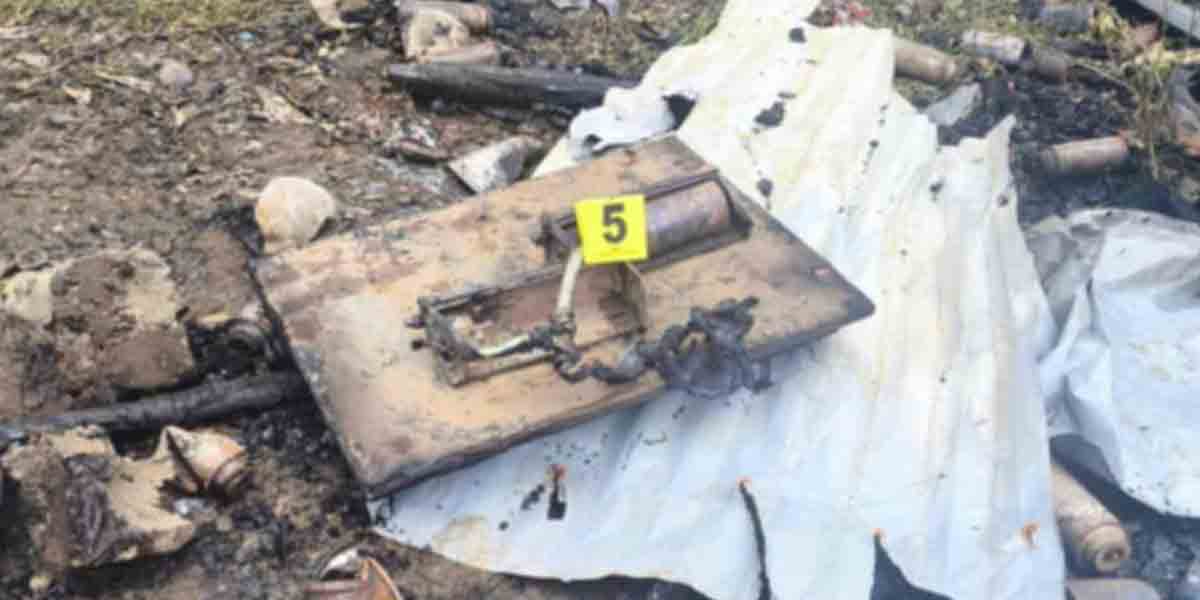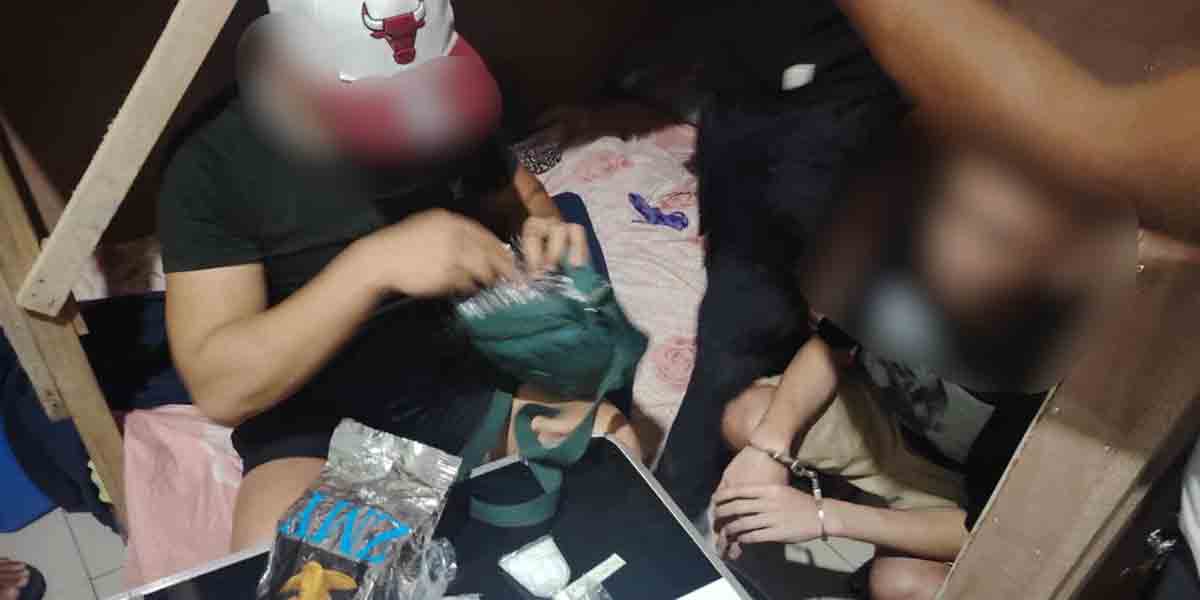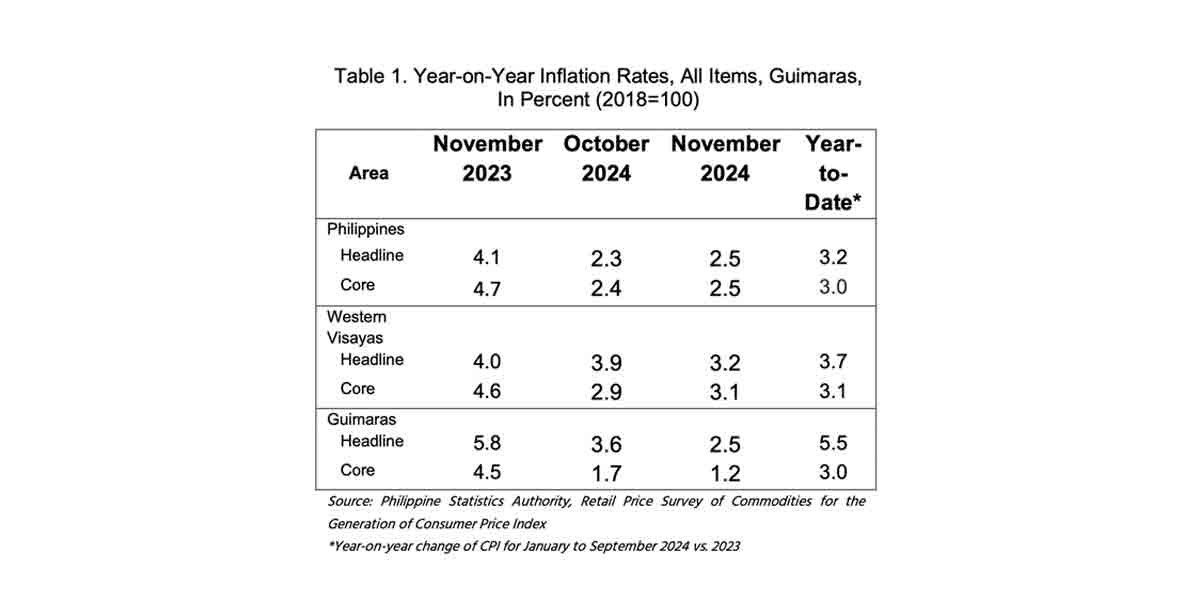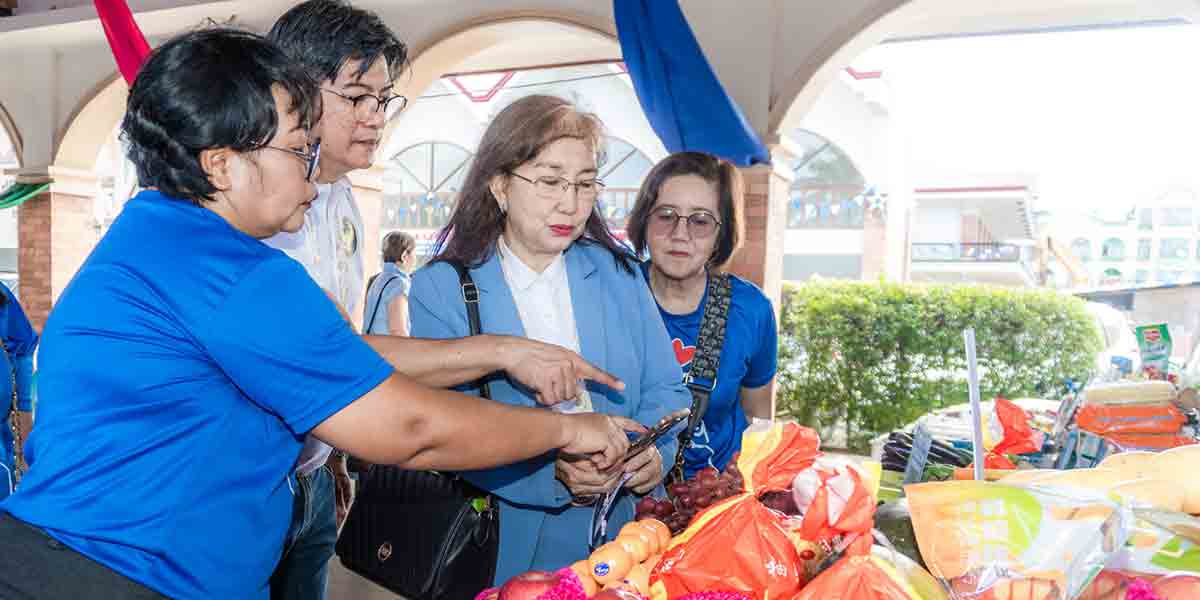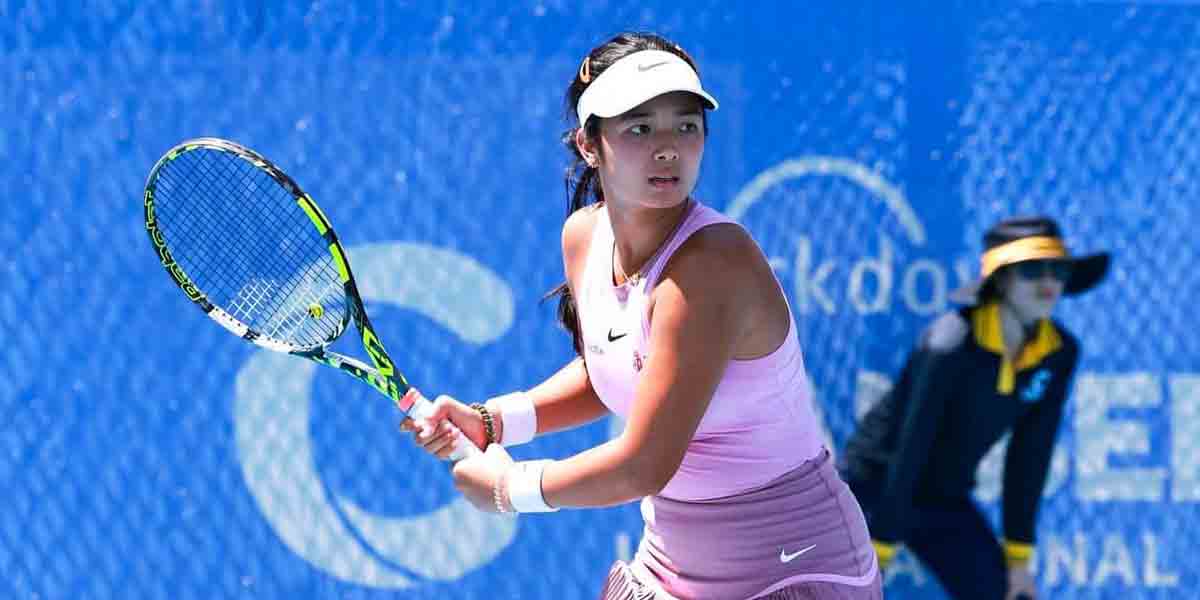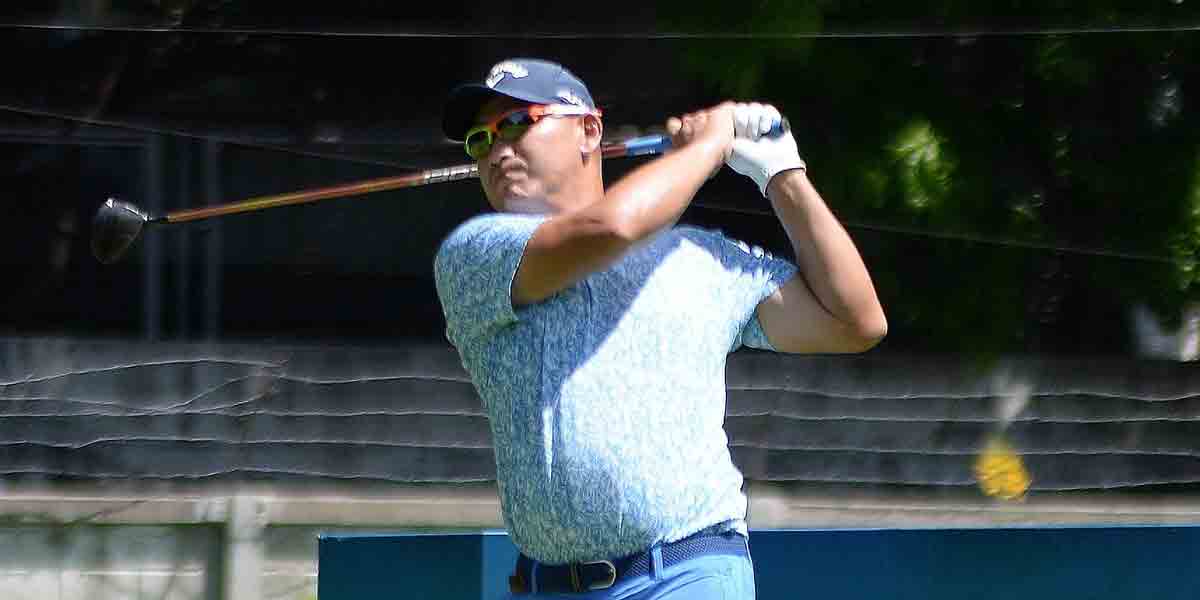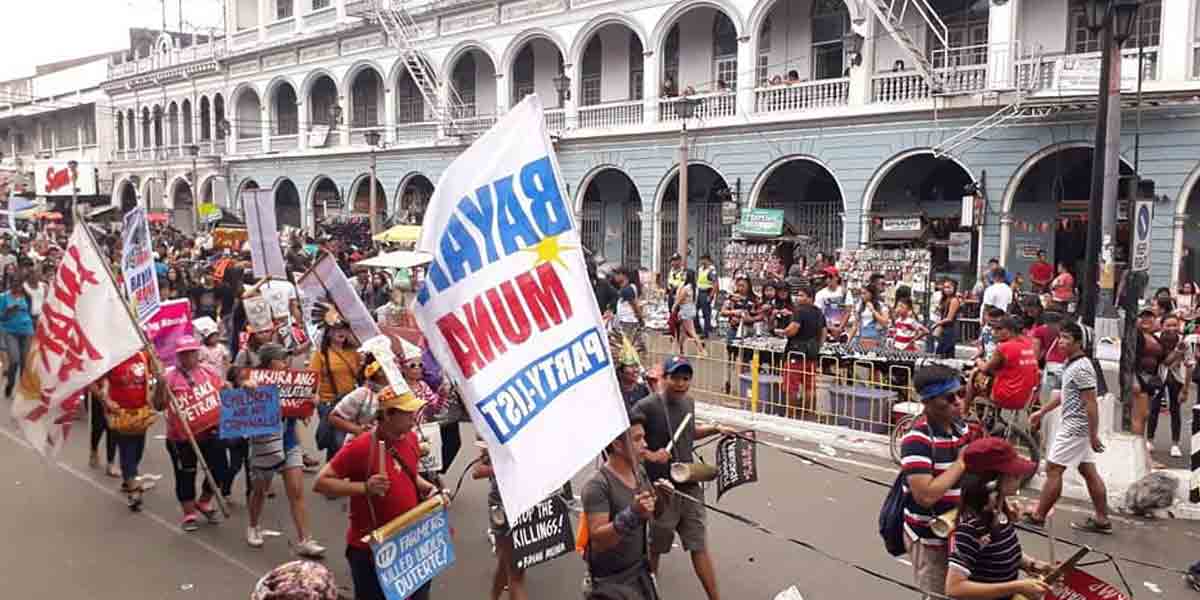By Jennifer P. Rendon
Because every child deserves a home and a family that would love them.
And for the people at the Regional Alternative Child Care Office (RACCO), there’s beauty and immeasurable joy in embracing another child into one’s family.
In celebration of the “2023 Adoption and Alternative Child Care Week Celebration,” RACCO once again called for families who are financially and emotionally capable to give homes to abandoned kids or those who were given up for adoption.
RACCO-Region 6 head Janice Brasileño said there are still a good number of children who are waiting for a family that would take them in.
In Western Visayas, RACCO said 73 children are available for adoption.
They are part of the 645 children who were issued Certifications Declaring a Child Legally Available for Adoption (CDCLAA).
A CDCLA refers to the certification administratively declaring that the child is legally available for adoption. It is required in all cases except in adults and adoption of relatives within the 4th degree of consanguinity or affinity.
Of the 73 children, 17 have been given Inter-Country Adoption Clearance (ICA), eight with independent living, seven with regional adoption clearance, six age for presentation in the regional matching, and one is presented in the regional matching conference.
The remaining 34 are under special home findings.
The 645 children were issued CDCLAAs from 2009 until 2023.
In 2009, five kids got the CDCLAA; 2010 with 40; 2011 with 50; 2012 with 60; 2013 with 58; 2014 with 65: 2015 with 56: 2016 with 46; 2017 with 35; 2018 with 46; 2019 with 39; 2020 with 51: 2021 with 48; 2024 with 44; and 2021 with only one.
RACCO cited several factors why some children are yet to be adopted.
“Some of them are already older or those children who are five years old and above. Most adoptive parents want younger kids,” Brasileño said.
Some are children with special needs while others were born to families with special needs backgrounds.
Brasileño said there’s a law that made adoption or foresting easier.
Under Republic Act 11642 (Domestic Administrative Adoption and Alternative Child Care Act), adoption proceedings are simplified and made inexpensive.
The law also streamlined services for alternative child care.
Brasileño cited that RA 11652 was passed with the child’s best interest and welfare as the paramount consideration.
Salient points
Under the law, adoption proceedings are made administrative from judicial.
Brasileño also stressed that adoption telling is expressly stipulated in the law. This is premised on the idea that the earlier adoption telling is done, the better its impact on the child.
Adoption telling is mandatory for adoptees before they turn 13 years old and is to be disclosed by the adoptive parents.
A social worker or a psychologist will be made available if necessary.
Social media can also be a means of locating the birth parents.
Further, the legal relationship created by adoption is extended to the adopter’s parents, the adopter’s legitimate siblings, and legitimate descendants.
Also, foreign nationals who are permanent or habitual residents of the Philippines for at least five years may adopt.


